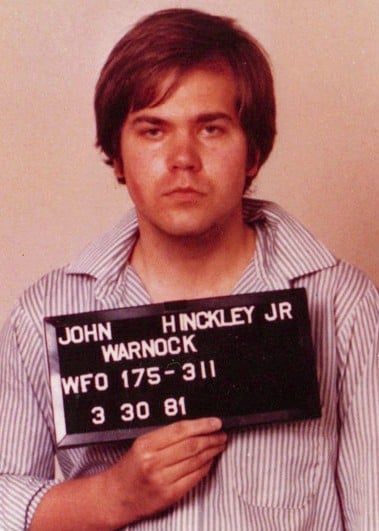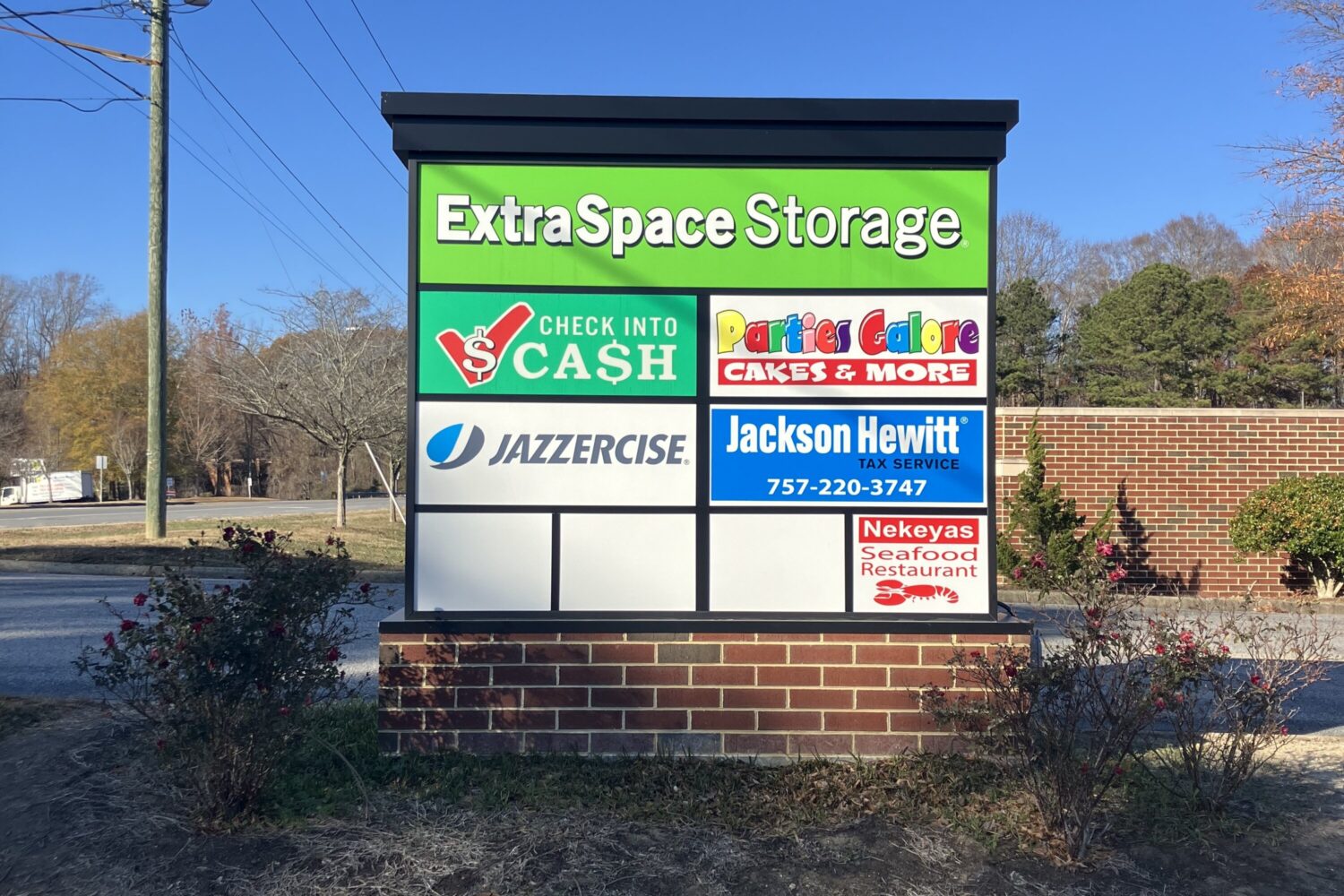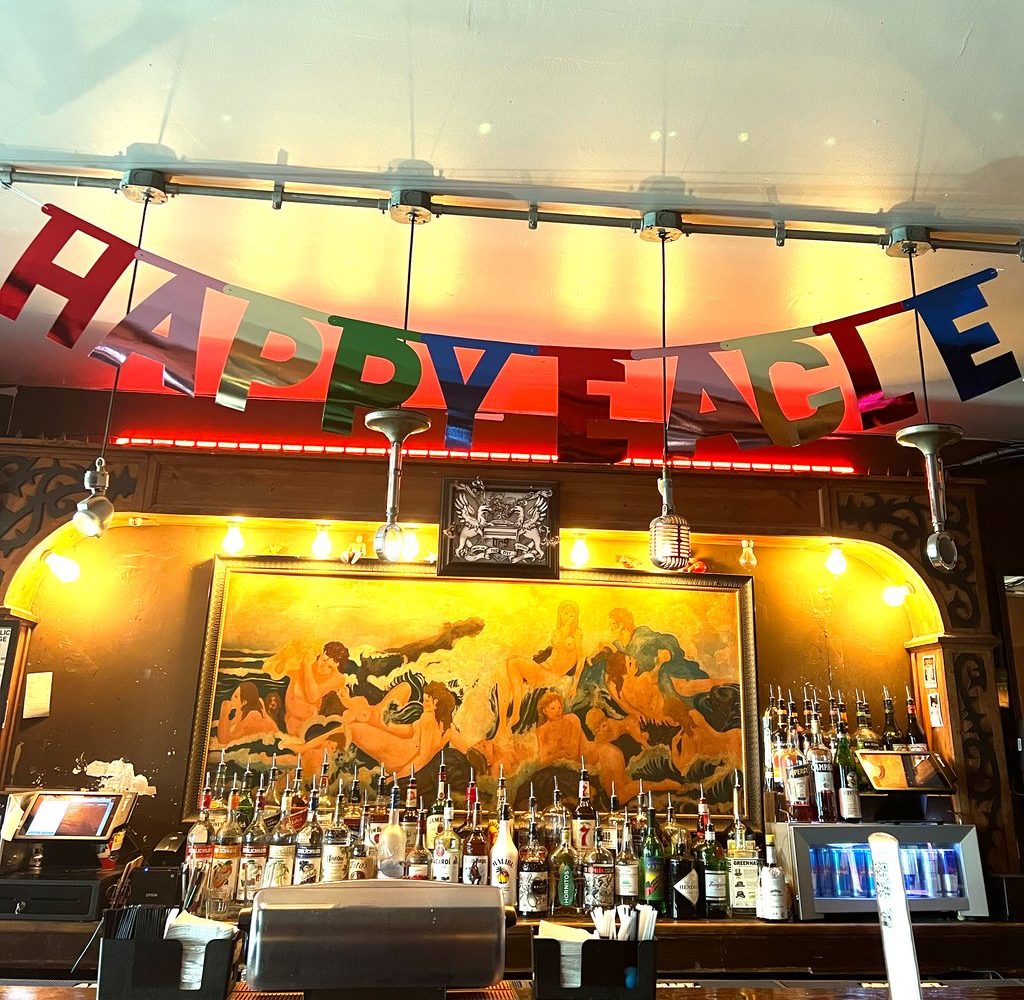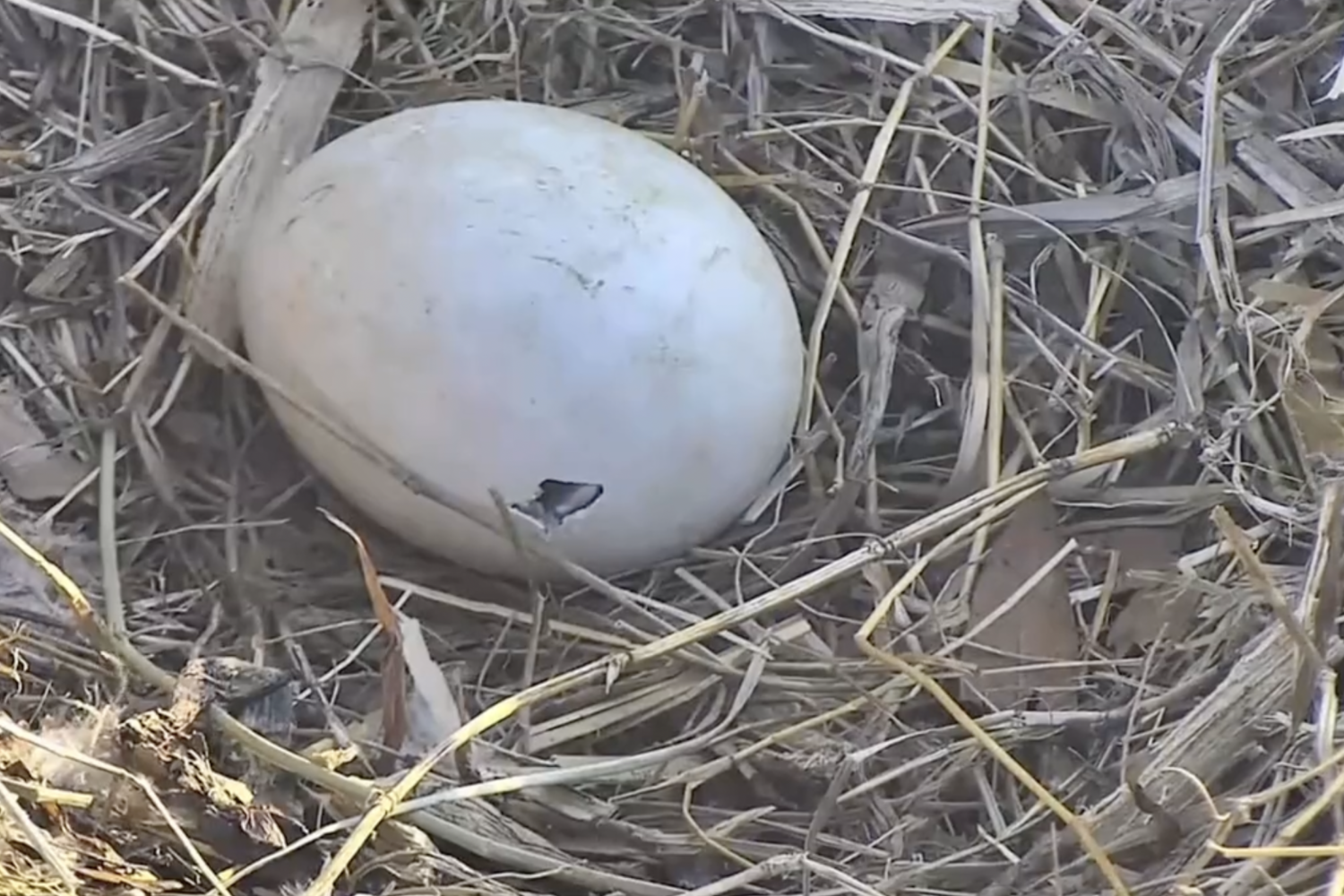Indie musician John Hinckley Jr.—better known as the man who shot Ronald Reagan outside the Washington Hilton in 1981—is booking a national “redemption tour.” After spending decades in a psychiatric facility, then several years in the care of his late mother, Hinckley is scheduled to be unconditionally released from court oversight in June. To celebrate, he’s lined up July shows in Brooklyn and Chicago, and he tweeted last week to “stay tuned for more dates.”
Look, I’m not a venue owner, but this seems like a tinderbox: a room full of morbid looky-loos clamoring to hear the Dylan-esque acoustic strummings of a man who got off six rounds on the President and whose assault caused the death, decades later, of James Brady—and who apparently did so in a mangled attempt to impress Jodie Foster by imitating the plot of a film. You have to imagine Hinckley has enemies, to say nothing of the stability of his fans.
While the Reagan Foundation recently condemned Hinckley’s apparent desire to “make a profit from his infamy,” the Brooklyn venue that will host Hinckley in July tweeted that Hinckley “served 40 years in prison / mental health treatment, paid his debt to society.” Besides, it added in a separate tweet, “Hinckley didn’t f**k up a billionth as many lives as the Reagan admin did.”
Here at Washingtonian, we still have some questions. Should failed assassins get to rebrand? Could people be interested in Hinckley simply for his music? And would DC venues actually book him? Two local venues weighed in, making the case for and against becoming the next stop on the John Hinckley Redemption Tour.
The Case Against
“I would not book him,” is the flat verdict of DC9’s Bill Spieler.
“I remember when the shooting happened, and what a big deal it was for the city,” he says. “It almost felt like when Kennedy got shot in Texas. [Washington] just had a different air about it—when you were to talk to people or go downtown, you just felt a little more in danger. The whole city was on high alert.”
“I certainly don’t believe in some of the things the Reagan administration did,” he adds. “But I don’t feel like that justifies shooting anybody, ever.”
Asked if it’s possible that Hinckley’s fans might simply like his music, Spieler admits he hasn’t listened. But he “would bet it’s morbid curiosity. Like when Paris Hilton would DJ, would people really go to hear what she wanted to spin, or was it just the fact that she was spinning?” Later, he listens to a few of Hinckley’s songs and follows up with this assessment: “It’s not really interesting to me,” he texts. “Nothing groundbreaking. [But] I will admit I just listened to bits and pieces of the songs.”
Bland music aside, Spieler gets it as a business proposition. “People are going to come in for [the show]. If you don’t care what [Hinckley] did, people will come out, and they will buy stuff of his and listen to his music and buy beverages at your place.” Still, Spieler would have a hard time “promoting these activities” by booking a show.
“Something so horrific as [attempted] murder?” he says. “No, I’m pretty adamant about it.”
The Case in Favor
“I don’t really know a whole lot about the guy, but it does seem like an interesting conundrum,” says Sandra Basanti of Pie Shop, who would consider booking Hinckley. “If you are somebody who is considered an ex-con, and you’ve been released and you’ve done your time, I’m not going to play judge and juror. If you want to play music and we think it makes sense for our venue, then we’ll book the show.”
“You know, music traditionally has been a great form of therapy,” she adds. “It’s a great way of getting on with your life, and also a way of accepting things that you’ve done wrong in the past and putting it to words.” (According to the Associated Press, Hinckley has, in fact, been involved in both art and music therapy, leading to a passion for landscape painting.)
But would Basanti feel the same way if the bullet had gone a half inch further, into the President’s heart? She’s not sure. “If he had killed Reagan, maybe this would have been a different conversation,” she admits. “[Hinckley] wasn’t actually a murderer, he was an attempted murderer—not that it makes it that much better, although it still does make it a little bit better.”
To try to tease this out, I ask what Basanti would do if the courts determined that John Lennon’s assassin, Mark David Chapman, had successfully served his time. Would she book a show? “I don’t know, because that was murder,” she says. “The hypotheticals are tricky. I don’t know.” But she’s clear on one hypothetical: she would not book recent Grammy-awardee Louis CK, who was accused of sexual misconduct in 2017. “Has he served any punishment for the deeds?” she asks. “No, he hasn’t. He just continues to be rewarded. So I think there’s a difference.”
Basanti hasn’t listened to Hinckley’s music, so she can’t weigh in on its artistic merit. But she points out that “attending a performance for spectacle over talent certainly isn’t anything all that new. Think of all the Bravo housewives who put out singles that are auto-tuned to death.” In the event that Pie Shop got a call from Hinckley’s manager, Basanti would have to first evaluate whether hosting him could be a safety issue for her staff, patrons, or for Hinckley himself. But she does “believe in second chances.”
“I know an attempted assassination is a big frickin’ deal,” she says, “and I’m sure [Hinckley] probably realizes that too. But I’m also very against demonizing people who have a history. If they’ve successfully served their time, they should be allowed to come out and live a life.”















